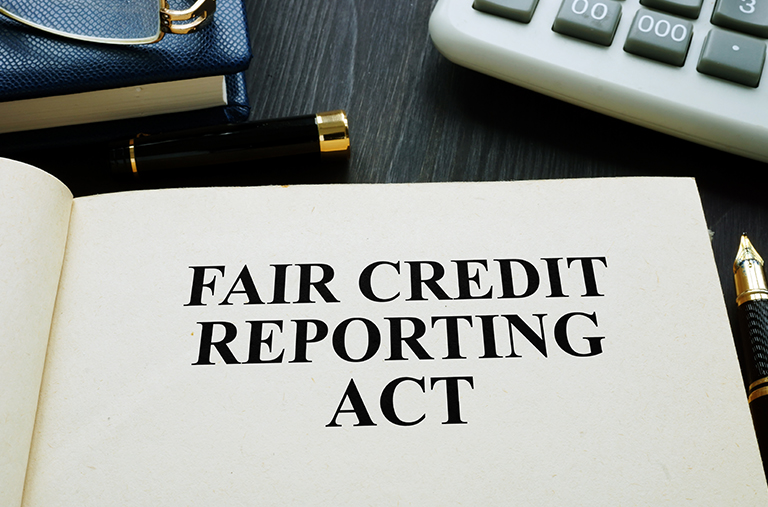The federal Fair Credit Reporting Act (FCRA) requires credit reporting agencies (credit bureaus) and entities reporting information to those agencies to ensure the accuracy, privacy, and fairness of credit information. Unfortunately, not all creditors, debt collectors, debt buyers and others comply with the law. And, credit reporting agencies are often lax about fulfilling their obligation to investigate and correct information that has been disputed by the consumer. The FCRA contains powerful provisions to assist consumers in forcing compliance with the law. In some instances the statute even provides for monetary damages which can be obtained with the help of our law firm. Chhabra Gibbs & Herrington PLLC have a proven track record of success with litigation and will dedicate our self to your case.

FCRA CREDIT BUREAU OBLIGATIONS
These agencies, along with several more specialized credit reporting agencies, have several legally-mandated responsibilities under the FCRA. Some of the most important include obligations to:
- Provide you with your credit report upon written request, and to do so free of charge once a year and within a short window after you have received an adverse decision based on information provided by the credit bureau
- Promptly and reasonably investigate any disputed information on your credit report, and to correct or delete any inaccurate or incomplete information or information that cannot be verified
- Establish and follow reasonable procedures to ensure that the information they are reporting is accurate
- Remove outdated entries from your credit report—most information must be removed after seven years, though certain items are reported for ten years
- Limit disclosure of your credit report and credit score to those individuals and entities who are legally eligible to receive it
CREDITORS INFORMATION
Credit bureaus routinely receive information from banks, credit card issuers, mortgage lenders, automobile finance companies, collection agencies, and debt buyers. They may also receive information from governmental entities, utility providers, and others.
Each of these entities has an obligation to refrain from reporting information they know to be inaccurate, or that they reasonably should know is inaccurate. Some other obligations include:
- Promptly updating and correcting any inaccurate information provided to credit bureaus.
- Establishing a procedure for responding to identity theft notices and refraining from reporting information on accounts attributable to identity theft.
- Notifying the credit reporting agency if you dispute a debt directly with the creditor, and refraining from reporting information about that debt until it has investigated your dispute.
The FCRA also imposes obligations on those who receive and use a consumer credit report for a permissible purpose. One key obligation is to advise you in writing if adverse action was taken based on information in your credit report. Some examples of adverse action include being turned down for a loan and having an application for an apartment denied. This notice of adverse action must also contain the name of and contact information for the credit reporting agency that provided the report. When you receive this type of notice, you may request a free copy of your credit report from that agency. When these agencies fail to meet these obligations, a litigation attorney can help.
Contact the Law Offices of Chhabra & Gibbs Today
While the obligations of both credit reporting agencies and those furnishing information to the agencies are clearly set forth in the statute, it is common for one or both entities to fail in its obligations. Some common examples include:
- Failure to appropriately investigate a disputed debt
- Failure to correct inaccurate information
- Re-reporting of accounts that have been removed as the result of a dispute
- Re-aging accounts to re-report or continue reporting them after they are legally outdated
- Re-reporting or continuing to report debts that were discharged in bankruptcy
When violations occur under the FCRA we can assist with your statutory, actual, and punitive damages. Contact Chhabra Gibbs & Herrington PLLC today for your FCRA litigation needs. There is no fee to discuss.

